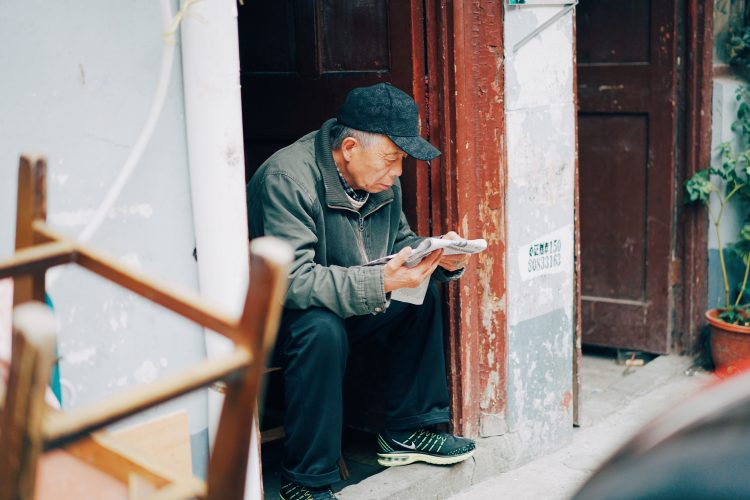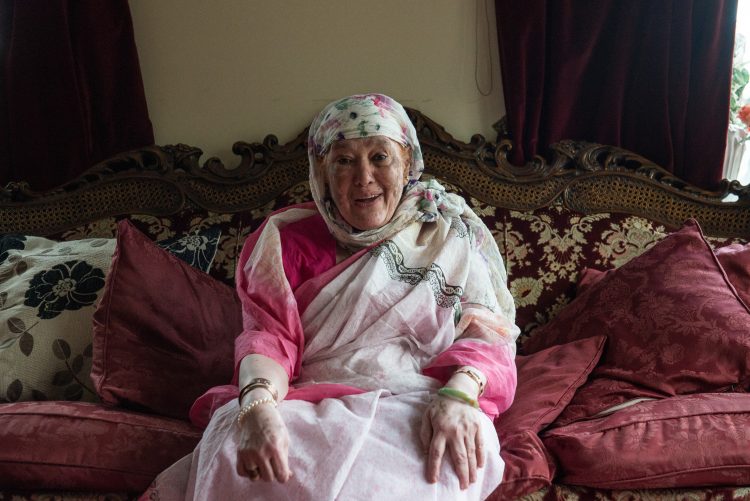
Elderly care must pay more attention to exclusion mechanisms
There are more and more elderly people with migration roots. But not in the nursing home. Researcher Saloua Berdai argues for a proactive policy and more attention for invisible exclusion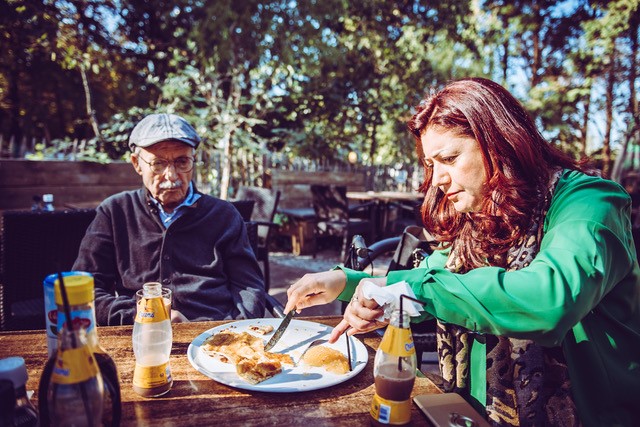
“Open attitude is a prerequisite to culture-sensitive care” stress Fatoş
This testimony is extracted from an interview of Fatoş Ipek-Demir by Linda van Ingen published in Dutch here. Photo by Marion Duimel. There was no good place for a Turkish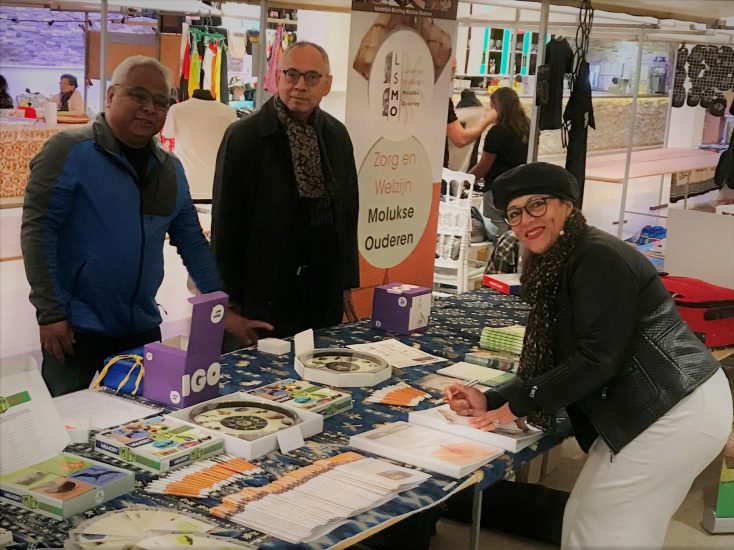
“Whatever will come in the future, don’t run – we say in Moluccan”
Juan is Moluccan and chairman of LSMO, the National Foundation of Elderly Moluccans in the Netherlands. He tells us what it means to age in the Moluccan culture. In the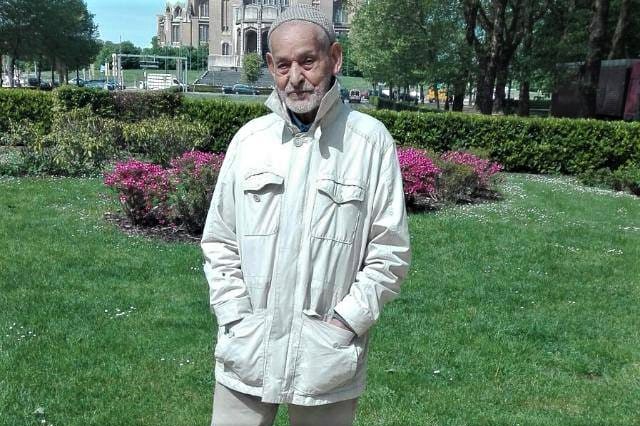
‘Une des valeurs principales de l’Islam, c’est la bienfaisance envers ses parents’
Hanan est musulmane. C’est aussi la fille d’un Marocain qui a émigré en Belgique alors qu’il était encore un jeune homme. Le témoignage d’Hanan nous immerge dans un quotidien où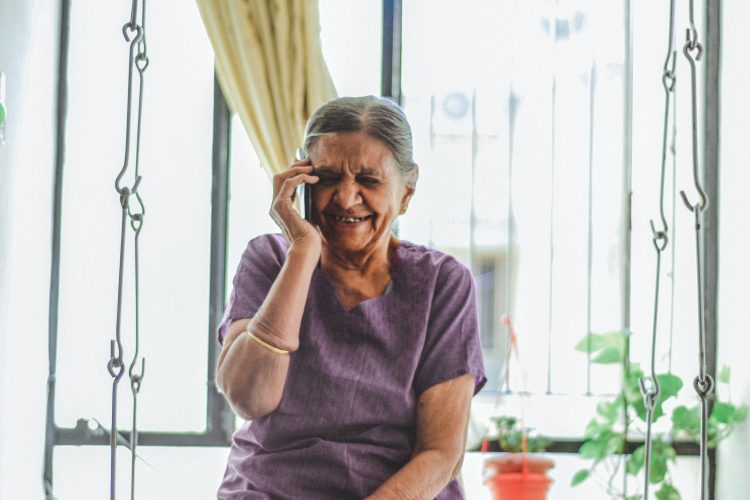
Connaitre les trajectoires individuelles pour mieux agir : le cas des femmes immigrées marocaines âgées en Belgique
Il a beaucoup été question du vécu des immigrés hommes marocains qui sont venus travailler en Belgique dans les années 60. L’expérience des femmes reste peu abordée. Fatima Hanine et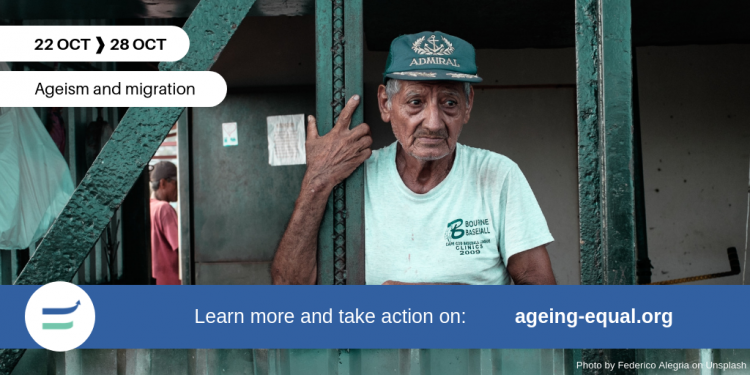
‘We are not given any respect and support’: the 4th week of the #AgeingEqual campaign in a nutshell
Our fourth #AgeingEqual campaigning week looked at the experience of migration by older people. Many difficulties experienced by migrants in their journey and in the host country can be particularly harmful for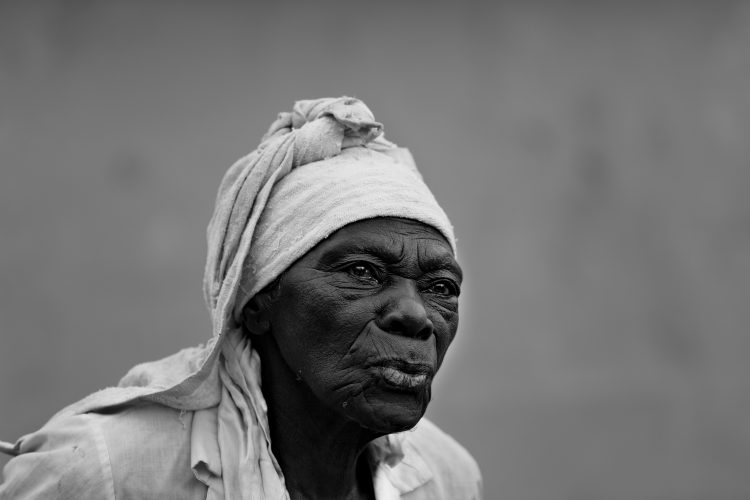
Older migrants have the right to be treated with respect: respect of their age, and respect of their culture
The ‘othering’ of older migrants in Western societies is common, also when one encounters care professionals. Saloua Berdai Chaouni and Ann Claeys investigate the experience of older migrants living with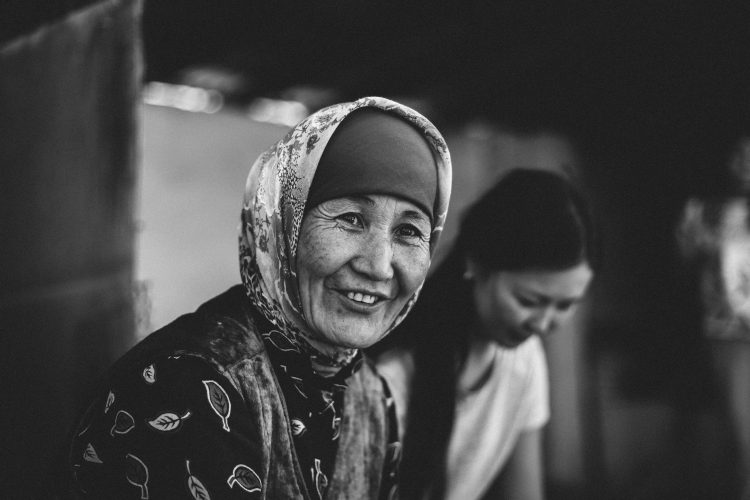
‘Who hears the voice of older migrants?’
Fifi is a committed health professional like there are many — except that besides work, Fifi is also volunteering for Pharos, an organisation giving ‘cultural-sensitive working’ courses to address health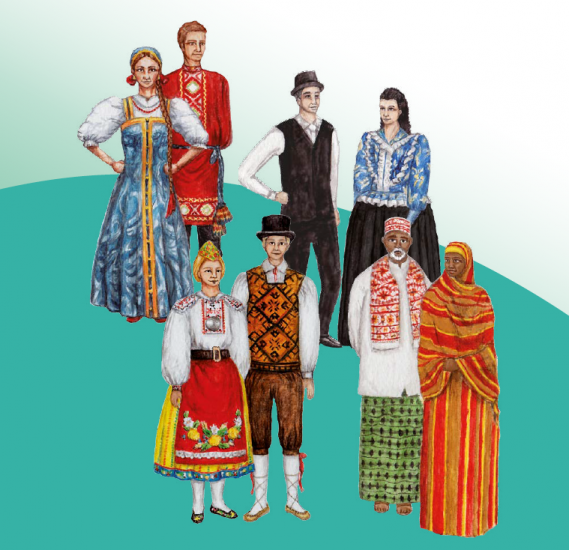
A guidebook for care professionals to respect the cultural background of people experiencing memory loss
As the Finnish population with a migrant background is ageing, the Society for Memory Disorders Expertise in Finland, published “Culture-sensitive memory work: Finnish experience”, a guidebook intended to specialists of the